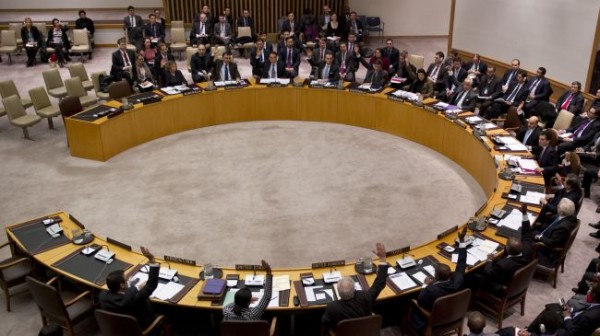North Korea (DPRK) has conducted three explosive nuclear tests, compared to the United States’ 1,054! That North Korea is continuing with its nuclear weapons programme, which is clearly and understandably denounced by the UN, meaning by all the nations undersigning the UN charter, tells of North Korea’s situation of desperation and fear.
The Working Group for Peace and Demilitarization in Asia and the Pacific notes that beginning with the Korean War, the United States has prepared and threatened to attack North Korea with nuclear weapons at least nine times, that it maintains the so-called U.S. ‘nuclear umbrella’ over Northeast Asia, and that its current contingency plans for war with North Korea include a possible first-strike nuclear attack.
Further, that “The Obama administration’s first-term policy of ‘strategic patience’ with the DPRK, reinforced by crippling sanctions that contribute to widespread malnutrition, connected to the stunting of growth in children and starvation, has proven to be a grave failure. The policy has foreclosed crucial opportunities to explore diplomacy and engagement. ‘Strategic patience’, combined with North and South Korea’s increasingly advanced missile programs, aggressive annual US-South Korean military exercises – including preparations for the military overthrow of the DPRK government – and the Obama Administration’s militarized Asia-Pacific ‘pivot’, contributed to the DPRK’s decision to conduct a third nuclear test.”
The Humanist Association of Hong Kong supports the stand by the Working Group in calling for proactive measures by the United States of America government as an prime mover and active party to this crisis. In order to stop the dangerous nuclear, high-tech, and conventional arms races in Asia and the Pacific, we urge the following:
Direct US-DPRK negotiations;
Suspension of aggressive military exercises by all parties involved in tensions related to the Koreas;
An end to the UN-led punitive sanctions regime against the DPRK, which devastates the lives of the North Korean people;
An end to the Korean War by replacing the 1953 Armistice Agreement with a peace treaty;
Negotiations leading to the creation of a Northeast Asia Nuclear Weapons Free Zone;
An end to the US first-strike nuclear weapons doctrine and a reversal of US plans to spend an additional $185 billion over the next decade to ‘modernize’ the US nuclear arsenal and nuclear weapons delivery systems of missiles, bombers, etc.
Commence negotiations on a nuclear weapons abolition convention that requires the phased elimination of all nuclear weapons within a time bound framework, with provisions for effective verification and enforcement.
Tony Henderson, chairman, Humanist Association of Hong Kong










